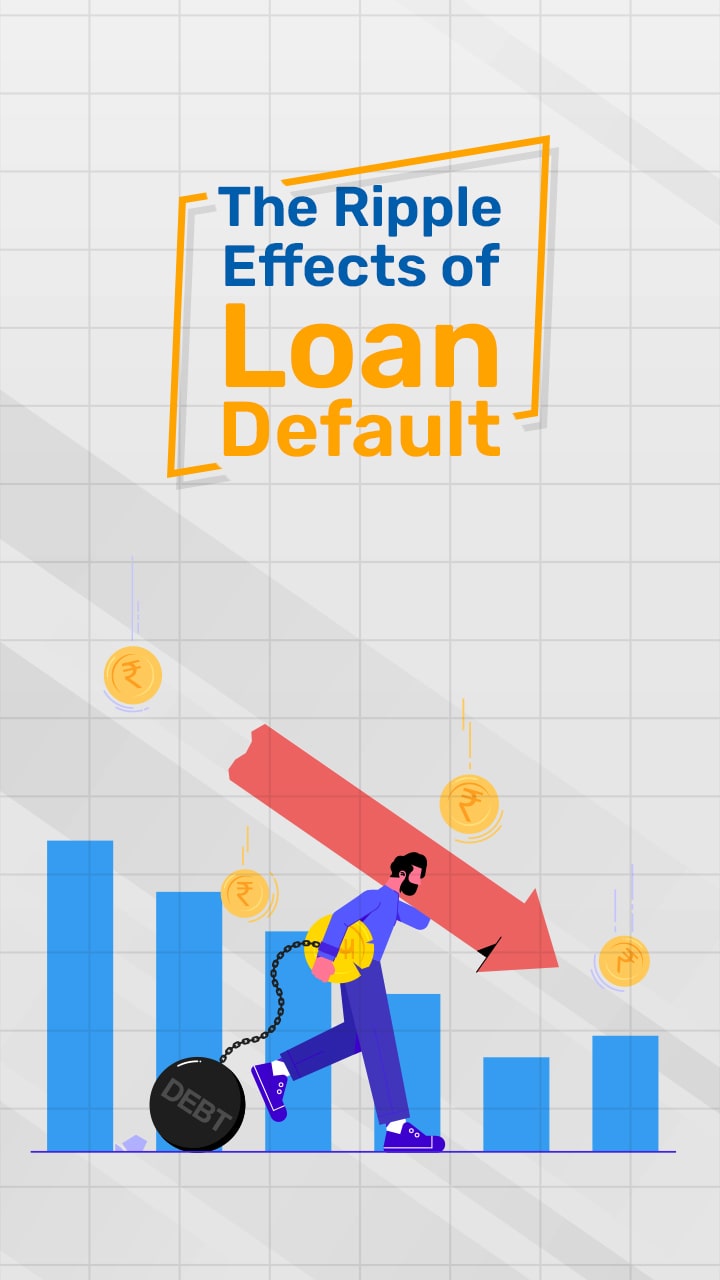Understanding Different Types of Loans: A Comprehensive Overview
Loans can be classified into two major types: secured and unsecured. In this video, we’ll explore how these loan types might fit different needs. Secured loans, such as home loans, gold loans, and loans against property, require collateral. These loans often come with specific usage restrictions. For example, a home loan could help you buy, build, or renovate a house. Similarly, a car loan might help you finance a new or used vehicle.
Unsecured loans, by contrast, do not require collateral. Personal loans, education loans, and business loans are some examples. A personal loan might give you the flexibility to use the funds for various purposes. Education loans may cover tuition fees and living expenses during your studies. If you’re a business owner, a business loan might help you fund your operations or expand.
We’ll also discuss balance transfer loans, which could help lower your interest by switching lenders. A top-up loan might allow you to borrow more once you’ve repaid part of your existing loan.
By the end of this video, you might have a clearer understanding of these loans and how they could work for you.

Key Takeaways
Loans can be categorised as secured or unsecured, depending on whether collateral is required
Secured loans, like home or car loans, involve collateral, and could offer lower interest rates and longer repayment terms
Two-wheeler loans are secured by the vehicle’s value, while loan against property uses real estate as collateral
Gold loans are based on the loan-to-value ratio, determined by the value of the pledged gold
Secured loans might have end-usage restrictions, limiting how the loan can be used
Unsecured loans, such as personal or education loans, do not require collateral, but might rely on creditworthiness
Personal loans offer flexibility with no end-usage restrictions and might be suitable for various financial needs
Education loans could cover tuition, accommodation, and living expenses during the course
Business loans might help entrepreneurs start, manage, or expand their businesses
Professional loans cater to needs like starting a medical or accounting practice
Balance transfer loans might reduce interest by moving an existing loan to a lender with lower rates
Top-up loans allow access to additional funds over an existing loan after partial repayment
What to Watch Next
Bites




































